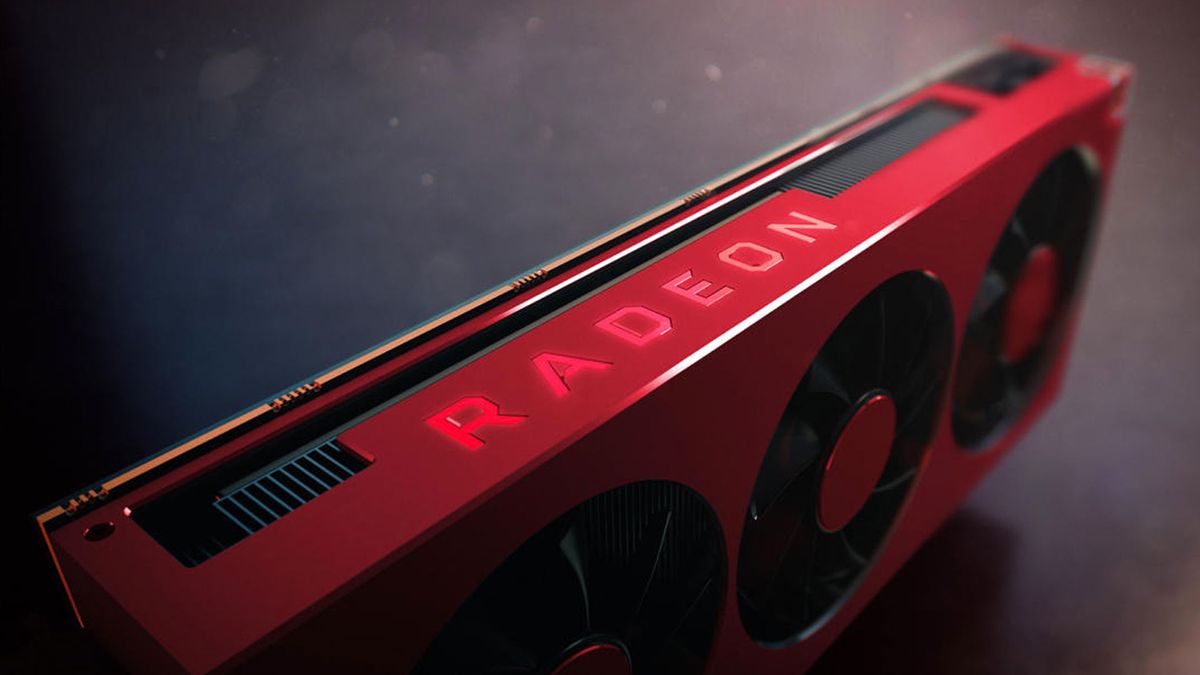AMD's RDNA2 Next-Generation Architecture For Radeon Is Not Identical To Xbox Series X Or PS5 Ps5 Graphics Card

Architectural reveals of the next-generation consoles have had enthusiasts discussing AMD's upcoming RDNA2 architecture with much gusto and has started the inevitable speculation on how RDNA2 will translate into . Unfortunately, or fortunately, a source intimately familiar with the matter tells me that AMD's RDNA2 implementation for its upcoming graphics cards is not comparable to the next generation console's at all.

RDNA2 for AMD Radeon graphics cards not the same as next-gen consoles 'custom RDNA2'
There is a very good reason why both the PS5 and Xbox Series X have listed the architecture used as "custom RDNA2" instead of just "RDNA2". This is a point that AMD wanted to drive home and specifically insisted on. They do not want gamers confusing the RDNA2 used in the XSX and PS5 with that of the upcoming Radeon cards, therefore the "custom" prefix. To be clear, my source did not say how it would be different, but I did feel the implication was that AMD's RDNA2 implementation for Radeon GPUs will be superior.
Here is what I do know:
- AMD's RDNA 2 Next-Generation GPU architecture for Radeon is not the same as the XSX or the Sony PS5. The semi-custom implementation is a different architecture as the one soon to be featured in the upcoming Radeon GPUs.
What I do not know right now:
- Difference between the implementation of RDNA 2 in the XSX and PS5.
- Difference between the RDNA2 implementation in next-gen consoles and in upcoming Radeon cards. (While my source did not explicitly state as such, the implication in the conversation was that the Radeon-based RDNA2 will be superior.)
AMD's upcoming were originally expected to land by the end of Q2 but it remains to be seen whether the ongoing Coronavirus crisis will have any impact. The company has already revealed however that the upcoming RDNA2 based GPUs will feature support for Direct X 12 Ultimate APU - which should give quite an edge to these graphics cards. DX12 Ultimate, like other DirectX APIs before it requires a certain feature level to be achieved (the last feature level to be released was 12_1 so we are likely looking at hardware that corresponds to 12_2 or above. [/exclusive]
Rumored so far: AMD's Big Navi GPUs spotted in EEC filings
What are thought to be AMD's upcoming Big Navi GPUs have previously been spotted in EEC filings. Keep in mind however that AMD can change the nomenclature and the only thing these filings tell us are the number of variants.
The EEC filing mentions four new GPUs: Radeon RX 5950XT (the flagship), Radeon RX 5950, Radeon RX 5900 and the Radeon RX 5800. This means we can expect at the very least one more Navi GPU with three variants each. It is entirely possible that this is the Big Navi that was promised to us almost 2.5 years ago and the one that will deliver to AMD fans the high-end card they have been waiting for. On the other hand, it is also possible that this is a new die that the company prepared and while these graphics cards will obviously more powerful than the RX 5800 series, it is still not Big Navi.
[EEC] Radeon RX 5950XT, Radeon RX 5950, Radeon RX 5900,Radeon RX 5800 XT
— 比屋定さんの戯れ言@Komachi (@KOMACHI_ENSAKA)
Without any further ado, here is a screenshot of the EEC filing submitted by AFOX corporation - an add-in board partner for AMD Radeon.
Nomenclature would dictate that the RX 5950 XT be significantly more powerful than any of its younger siblings (like the already-released RX 5700) and going by the steps involved, we can easily see that this is going to be quite a powerful card.
Share Tweet Submit



0 Comments
Post a Comment